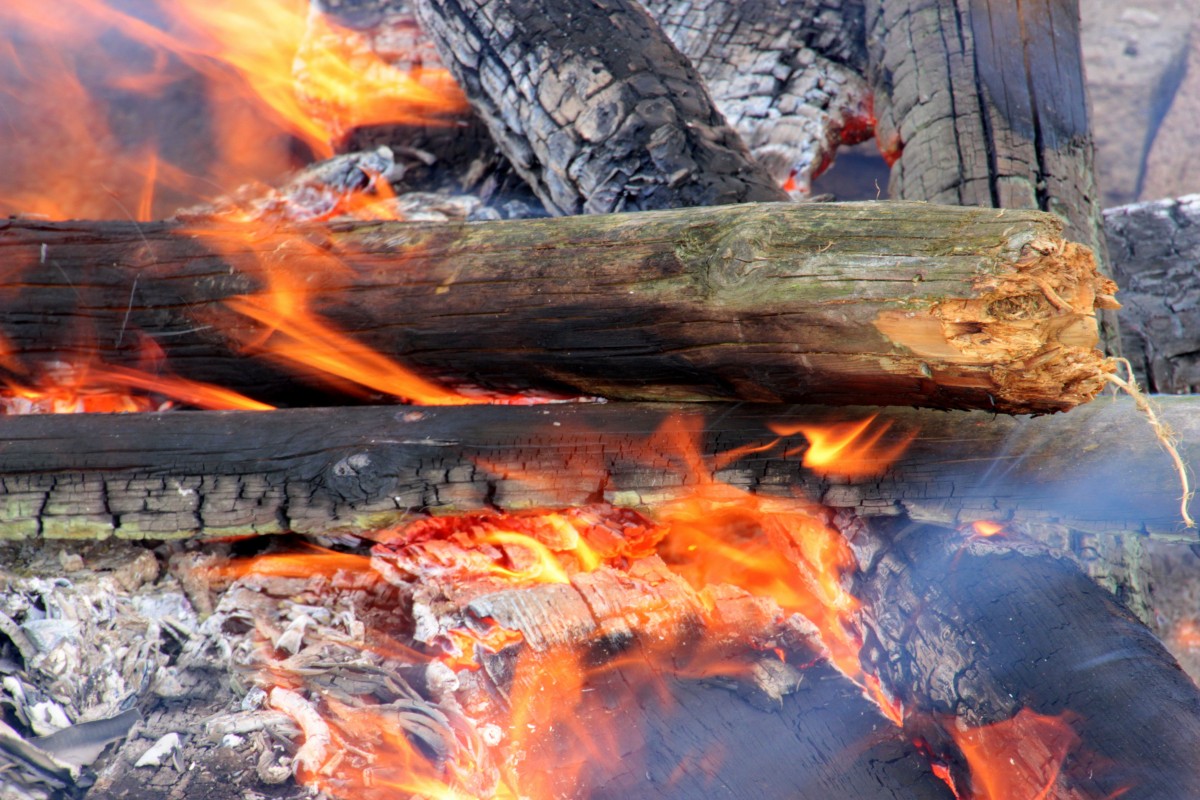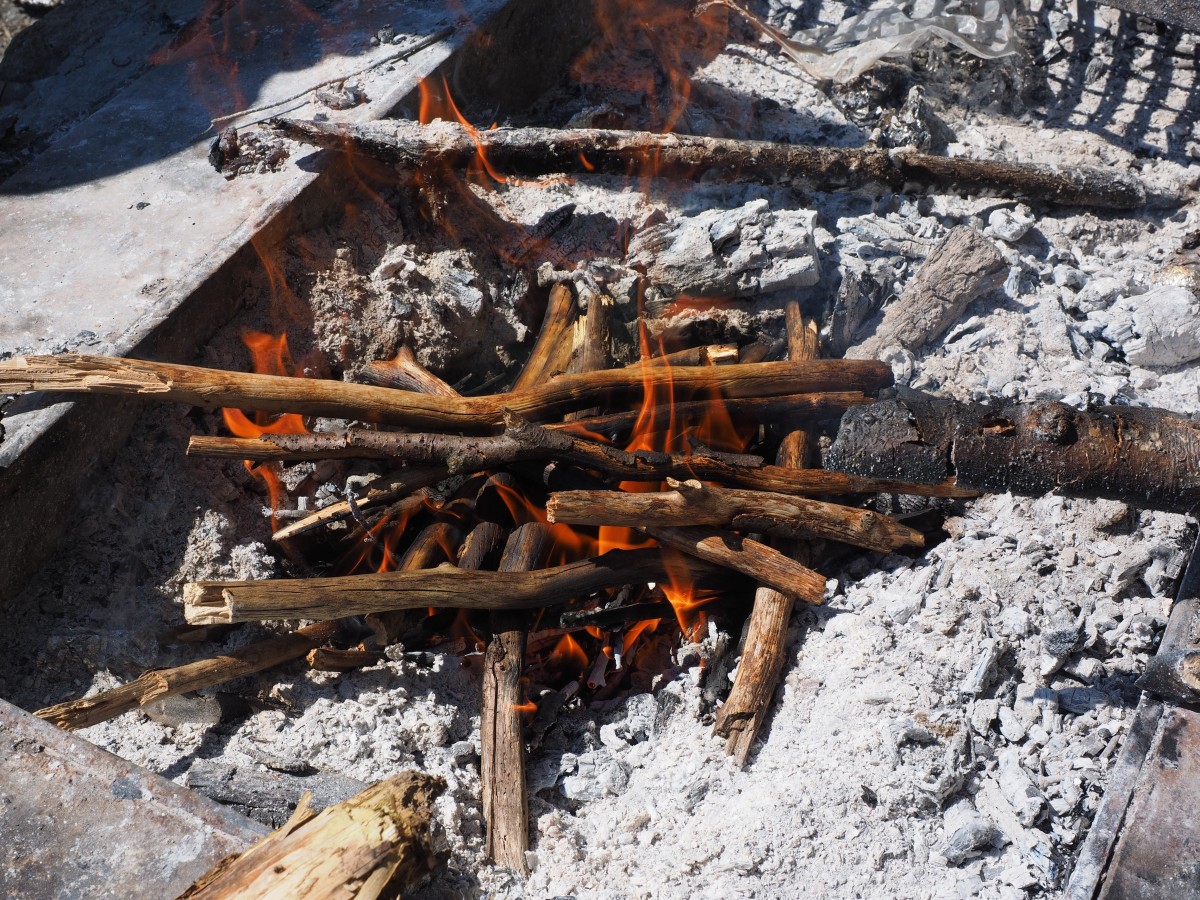How to Use Ashes as Garden Fertilizer
Wood ashes are the residue of combustion and are more or less rich in minerals and trace elements depending on the wood burned. It mainly contains lime (25 to 50%), potash (K), phosphorus (P), as well as magnesium, iron and manganese oxides.
Their composition can make it an interesting fertilizer for the garden, provided that it is well used. Other uses can be envisaged: slug repellent, soil preparation before sowing, and incorporation into compost…
This sheet gives you all the practical advice you need to use ashes in the garden.
1. Recover ashes for use in the garden
The recovered ashes can come from your fireplace, your wood stove, or the combustion of vegetable waste from the garden (pruning remains, dead leaves…). Collect the ashes with a metal shovel in a metal bucket, which will not melt under the heat.
However, never use ashes from burning:
painted, treated or varnished wood;
composite wood and wood panels containing chemical glues;
plastic;
glossy magazine covers.
Note: If you use pellets to fuel your wood boiler, check with your supplier for the exact composition.
2. Prepare the recovered ash
Sieve the recovered ash
To remove any residue that has not burned down completely, sift the cooled ash so that only a fine powder remains.
Store the recovered ash as a powder
When it is sieved and completely cooled, store the ashes in airtight bags (garbage bags with a tight seal) in a place protected from moisture. Then use the fine powder as is.
Make a liquid fertilizer
If you prefer to make liquid fertilizer, here is the recipe:
Dilute 100 grams of sifted ash in 10 litres of water.
Store this fertilizer in sealed plastic bottles.
Stir well before use.
Use this fertilizer in the spring, in the vegetable garden and your flower beds, by pouring it in small doses at the feet of the plants.
3. Use the ashes as fertilizer in the garden

Spread the ashes sparingly
Chimney ashes are a concentrated fertilizer, which should be used sparingly or will unbalance the soil and suffocate it. The average dose is about two handfuls (70 grams) per m2 per year.
Use the ashes in the right season
Ashes can be spread in the garden in the spring or possibly in the fall.
Where to spread the ashes?
Spread the ashes on the lawn:
Spread the ashes in a thin layer on your lawn: in small doses, they will promote the activity of micro-organisms and earthworms, helping the soil to absorb water and thus limiting the appearance of moss.
Spread the ashes in the fall and let the rain act, gradually incorporating them into the soil.
Note: contrary to popular belief, ashes do not destroy moss; they help to prevent its appearance.
Spread the ashes in the vegetable garden
In the vegetable garden, spread the ashes in the spring between the vegetables.
Mix the ashes superficially into the soil with a rake.
Prefer spreading ashes around:
tomatoes and other fruit vegetables
beans, peas;
Bulb vegetables (onions, garlic, shallots, fennel, celery…).
Spread the ashes in the flower beds:
In your flower beds, spread the ashes in the spring.
Again, mix the ashes superficially into the soil with a rake.
Roses, peonies and fruit bushes do particularly well with this treatment.
Note: avoid spreading ashes at the foot of heather plants (heathers, azaleas, camellias, rhododendrons, hydrangeas, skimmias, piéris, and Japanese maples…). These plants like acid soil but fear lime, which would make the pH of the soil much too high for them.
Spread the ashes around your fruit trees: in spring, spread a handful of ashes around your fruit trees, just under the crown. The potash in the wood ash is beneficial to the fruit.
4. Other uses of ash in the garden
In addition to fertilizer, there are many other ways to use ashes in the garden.
Repel slugs and snails
Place a large circle of ash around the crops you want to protect.
Reapply after a rain.
Improve the compost
Add a small handful of ashes to the compost from time to time to improve its structure and neutralize its odour.
Materials needed to use the ashes in the garden
Broom + shovel
Water bottle
Gardening gloves
Rake
Garbage bag
Bucket
Sieve


